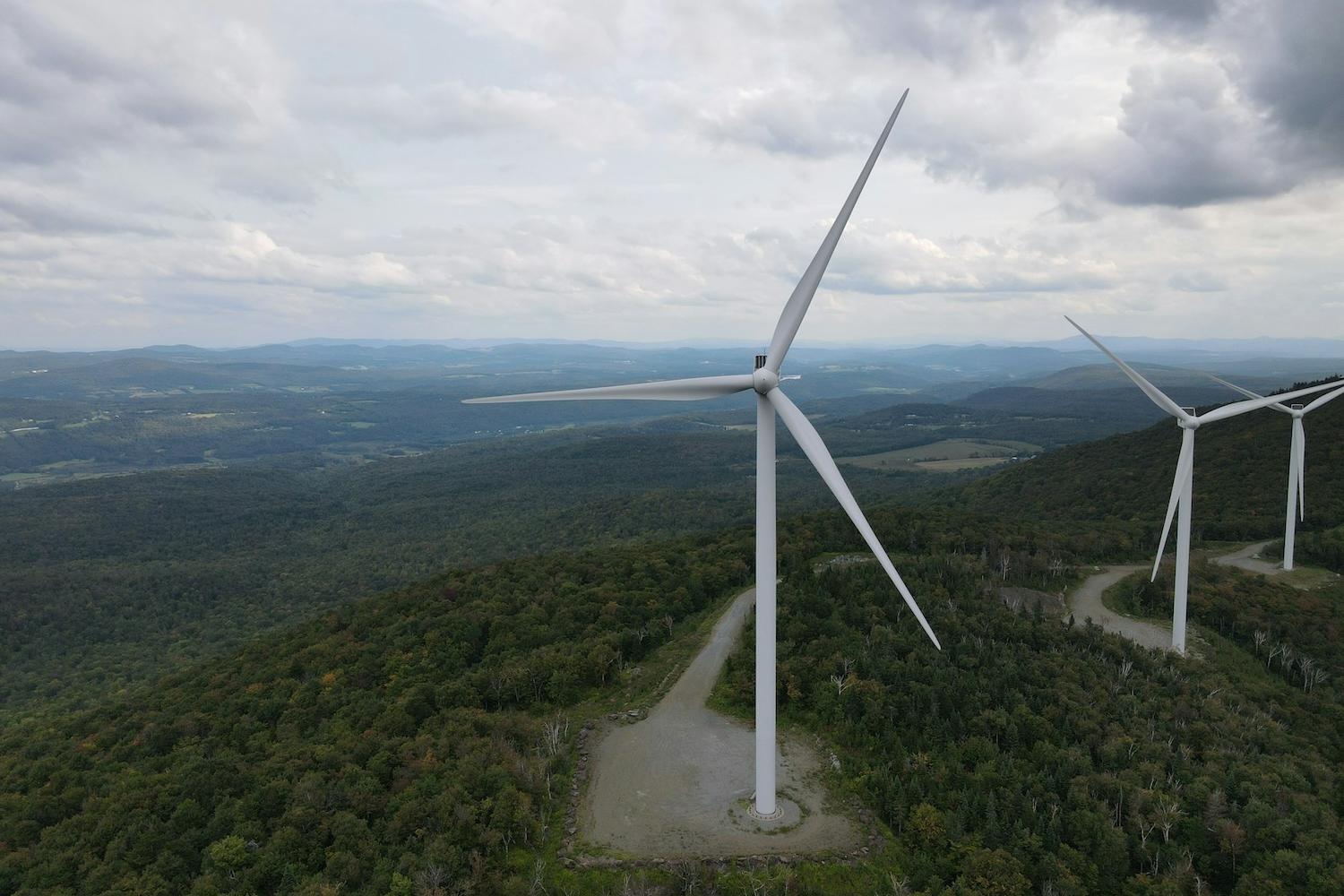The Rise of Green Hydrogen: Driving Renewable Energy Investments and Infrastructure in the U.S.
Key Ideas
- Global energy generation capacity sees over 40% from zero-carbon sources, with 91% of new power capacity in 2023 from solar and wind.
- Green hydrogen is identified as a solution to obstacles hindering renewable energy development in the U.S., including transmission network gaps and grid connection bottlenecks.
- Significant investment and infrastructure development in the U.S. are driven by government initiatives like the Inflation Reduction Act and the Bipartisan Infrastructure Law.
- Regional Clean Hydrogen Hubs program allocates funding to advance green hydrogen production using renewable energy resources across different U.S. regions.
A recent report by BNEF reveals that over 40% of global energy generation capacity now comes from zero-carbon sources, with solar and wind contributing to 91% of new power capacity added in 2023. The U.S. is making strides in renewable energy investments but faces challenges like transmission network gaps and opposition from some lawmakers. Green hydrogen emerges as a key solution, produced from renewable resources through electrolysis, offering energy storage and transportation alternatives.
Government initiatives like the Inflation Reduction Act and the Bipartisan Infrastructure Law drive renewable energy investment in the U.S. The Regional Clean Hydrogen Hubs program, with a $7 billion allocation, aims to boost the U.S. hydrogen market by leveraging unique regional energy resources. The program includes a focus on both natural gas with carbon capture and renewable energy sources like wind and nuclear.
Various regional hubs like the Pacific Northwest Hydrogen Association and ARCHES in California plan to produce green hydrogen for different applications like freight transportation and decarbonizing seaports. However, the Appalachian Regional Clean Hydrogen Hub (ARCH2) focuses solely on natural gas, raising concerns about long-term viability amid the push for rapid decarbonization.
Among ongoing negotiations, hubs like the Mid-Atlantic Clean Hydrogen Hub and the Gulf Coast Hydrogen Hub showcase a diversified approach, utilizing renewable resources for electrolysis and prioritizing green hydrogen production. These initiatives demonstrate the shift towards cleaner energy sources and the potential for a robust domestic hydrogen industry in the U.S.
Topics
Power
Renewable Energy
Infrastructure
Investment
Government Policy
Energy Transition
Clean Technology
Decarbonization
Carbon Capture
Latest News
